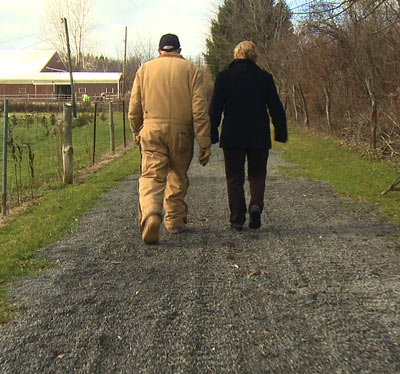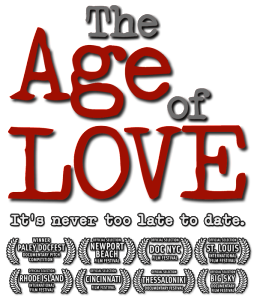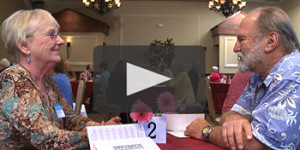The Way We Think of Aging
That’s from an amazing article in today’s New York Times about the way we think of age and aging in our society (see: http://opinionator.blogs.nytimes.com/2013/01/20/you-are-going-to-die/).
It was a few years ago that my uncle—a lifelong, solitary bachelor—moved into an independent living community. Within a month, he had met and fallen head-over-heels in love with a widow several years older.

They were inseparable—holding hands as they wandered in the garden, sharing every meal in the dining room, and doing who-knows-what behind his locked bedroom door.
It was this last fact that soon got him into trouble. When their love affair came to the attention of the staff, I was called in and lectured about the “inappropriate” behavior my uncle was involved in, and how, for legal reason, the director had decided to put an immediate end to it. She ordered his door be kept ajar at all times, so that the staff could provide “proper supervision.”
It was this sad situation that first led me to consider making a film about the hearts of older adults—about how, as a society, we stereotype them, overlook their emotional needs and deny their capacity to grow. It’s a time in life when, inevitably, precious things are taken away and life is contracting all around.
But why do we think older adults don’t still reach out? That they don’t still long to be seen and understood? Despite the many things we lose over a lifetime, why assume we lose the need to love?






Comments